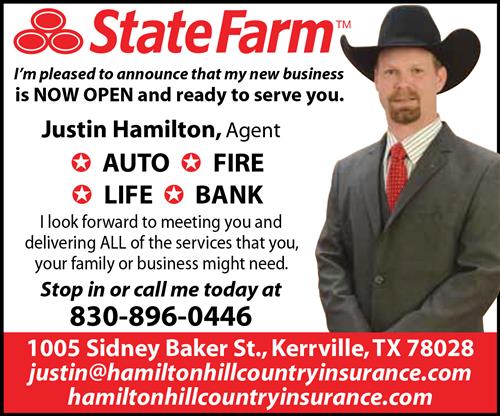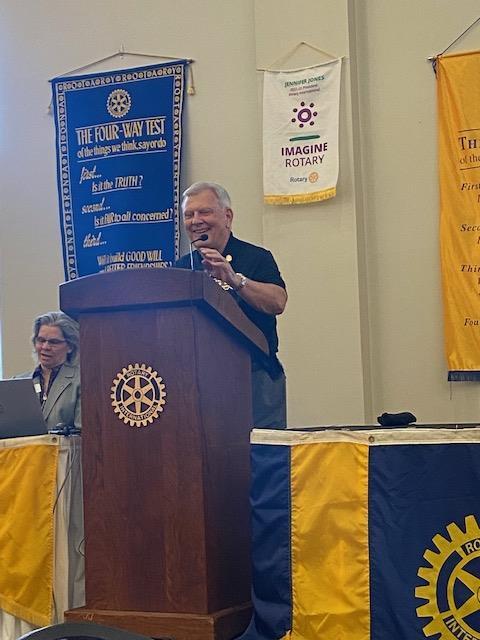
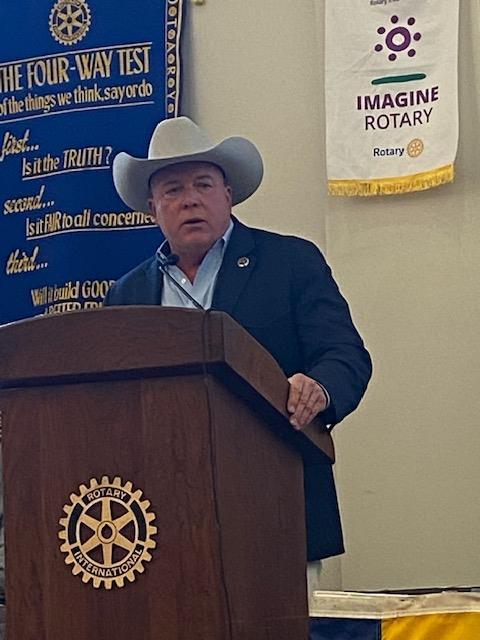
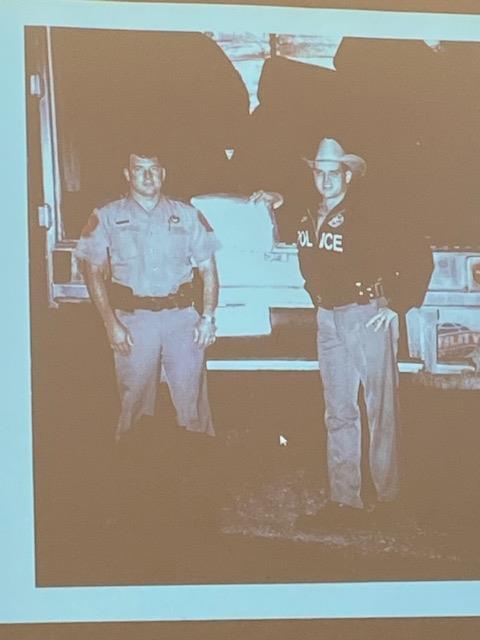
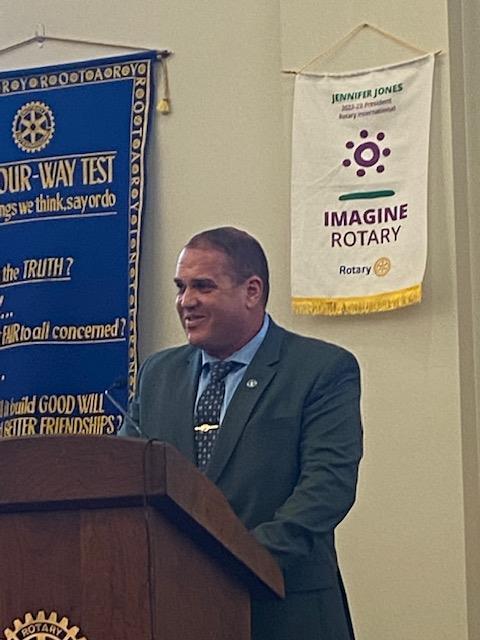
Vincent T. Luciano II, Regional Director for Central Texas Region
As Regional Director of the Central Texas Region, Vincent T. Luciano II will be responsible for coordinating all DPS functions, including personnel, for the region. Luciano began his career with DPS in 1995 and most recently served as the major of the Criminal Investigations Division (CID) in North Texas Region. Luciano has more than 27 years of service with DPS. He served as a Texas Highway Patrol Trooper from 1996 to 1998, and a Criminal Law Enforcement Trooper from 1998 to 2000. Luciano then promoted to sergeant in DPS Narcotics in Lubbock before promoting to lieutenant in 2007 in Corpus Christi. He was promoted to CID lieutenant, then captain, and in 2018 promoted again to major. Prior to his career with DPS, Luciano served two years with the Nueces County Sheriff’s Office where his assignments included jailer and sergeant.
Luciano holds a bachelor’s degree in criminal justice from Norwich University and a master’s degree from the University of Incarnate Word in applied administration with a focus in organizational development. Luciano is a graduate of the FBI National Academy Class 257 and Northwestern Staff and Command College. He has been twice awarded Director’s Citations from DPS as well as the FBI Director’s Award. Luciano served in the United States Marine Corps, Army National Guard and is an Infantry Combat Veteran of Desert Storm and Operation Iraqi Freedom 3.
The San Antonio Region is 44 counties and has 11,000 Employees.
History of DPS
In March 1927, the "License and Weight Division" was formed to address the escalating problems of increased traffic, and the continual damages caused by large trucks on the narrow state roads. These new inspector positions were staffed by State Police units equipped with motorcycles, and would enforce motor vehicle laws and regulations. Concurrently, the Texas Rangers would continue to conduct the State's law enforcement investigations.
In 1931, during the Great Depression, Texas and other states created a movement that sought to “reform the administrative machinery, and to reduce the high cost of state government.”[4] The Texas Legislature enrolled Griffenhagen and Associates, “specialists in public administration and finance who had worked on similar projects throughout the United States and Canada, to make a survey and act as consultants.”[4] The firm concluded that Texas’ exceptional geographic size caused the Rangers and the License and Weight Division to struggle in providing adequate enforcement across the entire state. The firm also noted the State Highway Patrol’s inability to enforce felony charges, which burdened the Rangers with excessive enforcement responsibilities, when they were already overworked. Additionally, the firm negatively reported on the state of Texas utilizing the National Guard for law enforcement along the border. Recommendations were made to accumulate the necessary finances to create a state law enforcement agency. Four bureaus—Administration, State Police, Rangers, and Fire Prevention—were suggested to be created with the implementation of the new force.
The findings of Griffenhagen and Associates were ultimately unpopular across the state, and the Texas Senate created a committee to conduct its own survey of the State's law enforcement. As a result of the committee findings, on January 24, 1935, Senate Bill 146 was introduced. The bill created a "Department of Public Safety" that housed both the Rangers and the State Highway Patrol within one collective organization. The bill received final approval on February 18, 1935, and was sent to the House before finally reaching a joint committee for final revisions. On May 3, 1935, the final bill was voted on and passed, but without two-thirds approval.[5]
Vincent talked about drugs and criminals coming across the Texas border. As long as there is money to be made this will not change, The cartels don't care about anything but making money. He then answered questions from the members.




